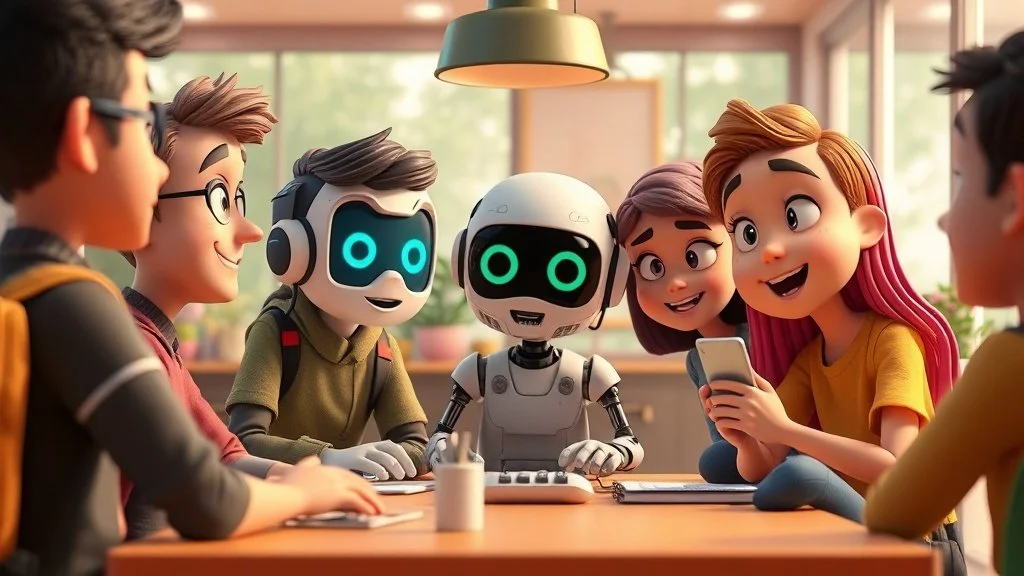There is currently a lot of discussion about the removal of art history from our schools, and yes, I did study art history at school and later throughout my tertiary study. So, while these important dialogues are circulating, I will advocate for what I believe is currently a critical gap in young people’s learning in NZ.
Having had the pleasure of working with thousands of young people making the transition to tertiary education over the years, I have noted a critical gap that is only becoming more urgent: the lack of systematic media literacy training.
Young people are surrounded by media from the moment they wake up to the moment they fall asleep. News feeds, social platforms, advertising, podcasts, influencers, and increasingly, AI-generated content shape how they see themselves and the world. Yet for many, the ability to critically question and navigate this landscape is left to chance.
While some schools offer Media Studies, this is not enough. Media literacy should not be optional—it is a core competency for life in the 21st century. Just as we teach students to read books, solve equations, or understand science, we must also teach them to read the media world they live in every day.
Why does this matter?
Democracy depends on it. A population unable to distinguish credible reporting, misinformation, and AI-driven fakes is vulnerable to polarisation.
Wellbeing depends on it. Young people need tools to recognise harmful patterns and build resilience in the face of persuasive algorithms.
Economic futures depend on it. Every career now intersects with digital and AI-driven communication.
Culture depends on it. Media is where our stories live, identities are expressed, and values debated.
Media literacy equips learners with critical thinking, creative production, and ethical awareness. It asks questions such as:
Who created this—or was it AI—and why?
What techniques or algorithms are used to influence me?
Whose perspectives are excluded?
How does this content make me feel, and why?
Without these skills, we risk raising generations who consume without question, who struggle to separate fact from opinion, and who are unprepared for the realities of an AI-driven society.
The urgent need is clear: media literacy must be embedded across schooling, not as an elective but as a foundation. Imagine if every learner graduated able to analyse both human and AI-created content, create responsibly, and engage constructively in the digital public sphere. The benefits would extend far beyond the classroom—to stronger communities, healthier democracies, and more empowered young people.
It’s time to treat media literacy as seriously as reading, writing, and maths. In today’s world, it is just as fundamental.
